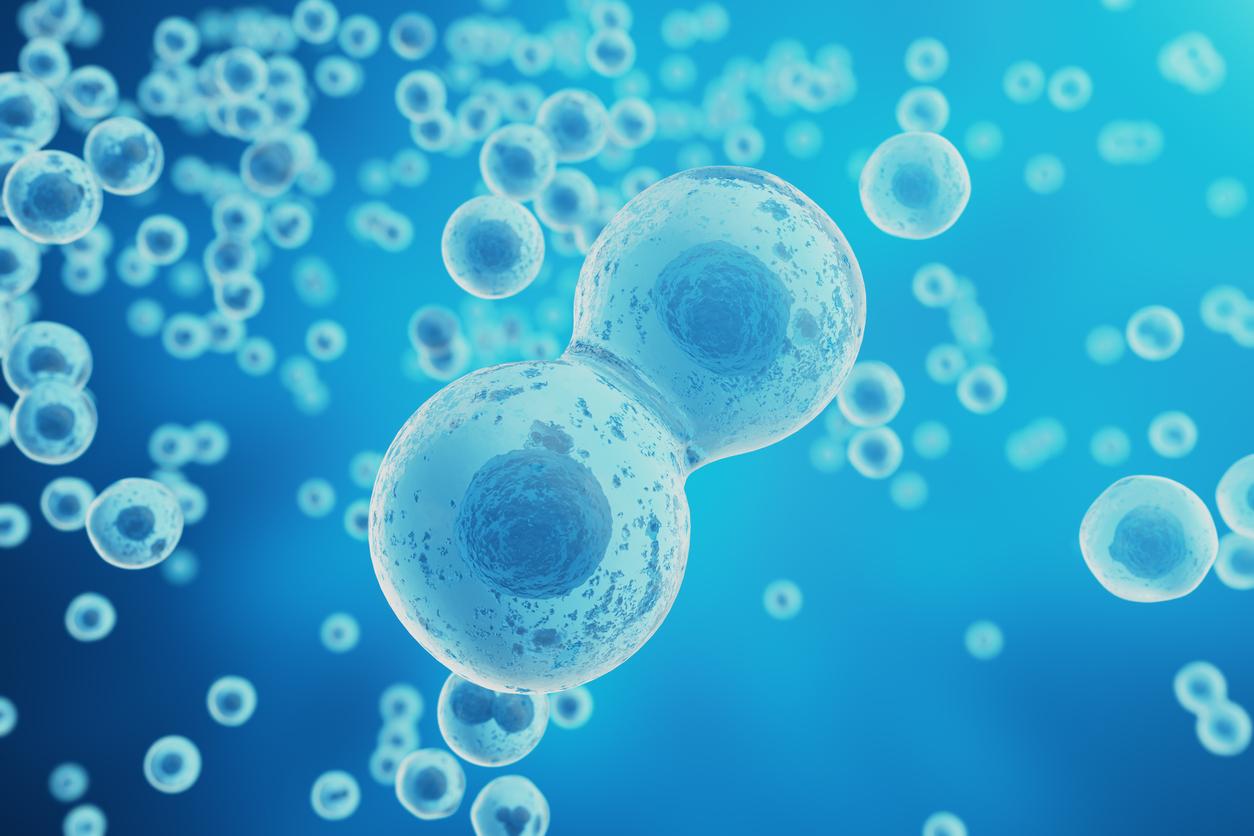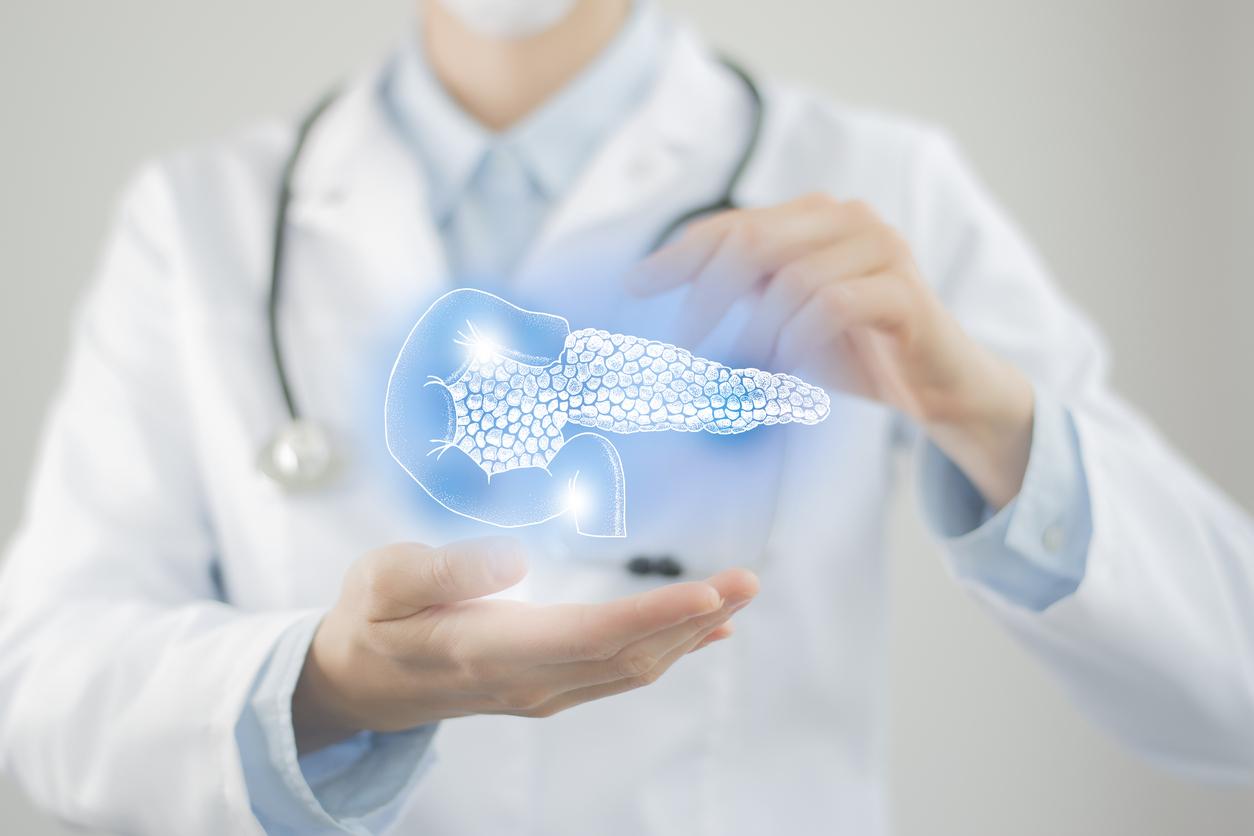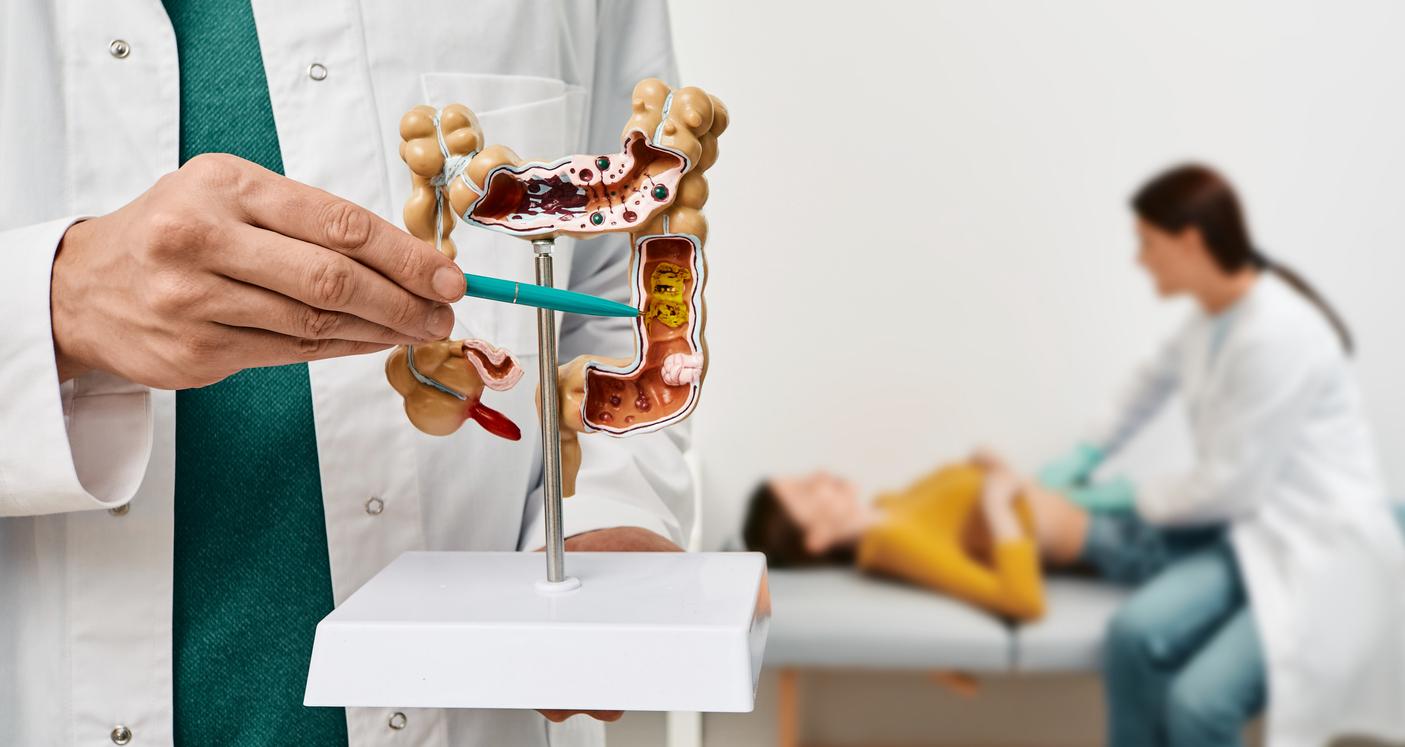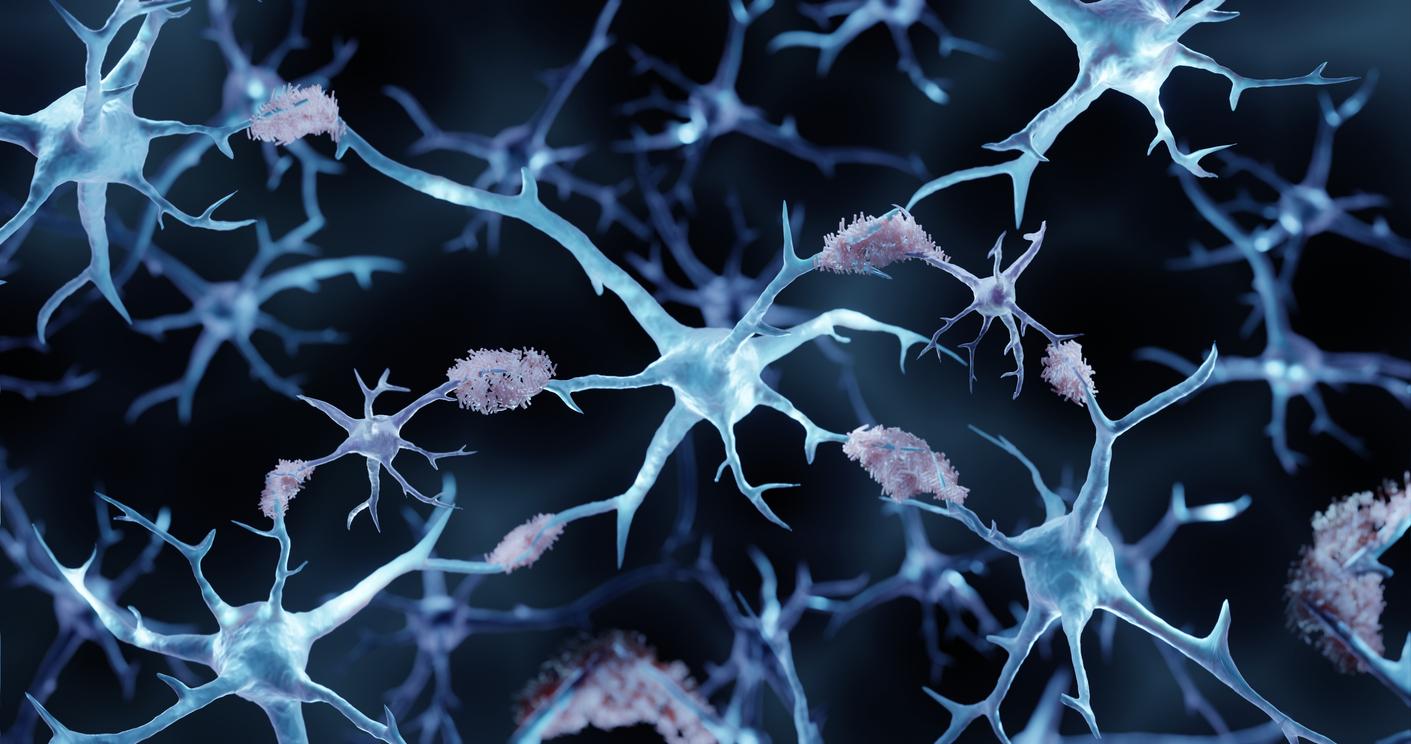Enzymes present in all human cells are linked to aging and the onset of diseases.

- Sperminide is a molecule present in all our cells.
- It is linked to sirtuin, another molecule present in the body.
- They have a key role in aging and the onset of diseases.
Sperminid was discovered in semen more than 300 years ago. Years later, this molecule is better understood: scientists have proven that it is actually present in all our cells and regulates many biological phenomena. A new study led by scientists from the Boyce Thompson Institute and Cornell University (United States) demonstrated that when combined with sirtuins, other molecules, it was involved in aging. This could become a tool to fight diseases. The results of this work appeared in the journal Nature.
Aging, disease: the discovery of new molecules involved in these processes
Recent studies indicate that sirtuins play a crucial role in different age-related diseases. Thus, scientists seek to understand the link between sirtuins and aging with the hope of developing new therapeutic options to improve health and life expectancy. In this work, the American researchers used a method called comparative metabolomics to “screen for sirtuin-dependent metabolic changes”. This allowed them to identify acyl spermidines, metabolites derived from modifications of various proteins, many of which play essential roles in cell growth and survival, and which are related to sirtuin. In various molecular tests and on mammals, they discovered that these metabolites have an impact on the lifespan of cells and on their proliferation. “We were delighted to discover this unexpected branch of cellular metabolism linked to sirtuins.”, comments one of the authors, Frank Schroeder. According to him, this discovery opens the way to a better understanding of these biological processes and the role of mitochondrial sirtuins.
Molecules and metabolism: future treatments?
“Important physiological functions are reflected in numerous molecular fingerprints, including tens of thousands of metabolites, small molecules that remain to be discovered, explains Bingsen Zhang, lead author of the study. This work is a step towards discovering the biological roles and functions in our body.” The scientists intend to continue their work to define potential pharmacological applications. They are targeting in particular “how acyl spermidines affect lifespan, cell growth, and their potential interactions with other metabolic pathways”.

















